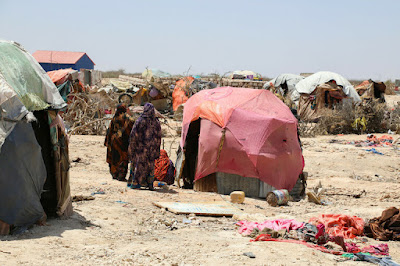COMMEMORATION OF 16 DAYS OF ACTIVISM AGAINST GBV: THE GENDER BASED VIOLENCE PUBLIC TALK IN ZANZIBAR

Panelist address a Press Conference prior to the event starting. The main objective of this event was to raise awareness on Gender Based Violence while focusing on Teenagers' and children rights . The event was also intended to promote the action of NGO and influential individuals working on Gender Equality including CARE International in Tanzania, Zanzibar 1 st Lady, Hope for Girls and Women, TAI Tanzania, Save the Children, LHRC, DKT, Doris Mollel Foundation etc. CARE Tanzania participation and contribution : The organization is represented by three (3) staff including the Country Director to the series of Panelist to the Protection of Victims & Access to justice Discussion planned events from 2 nd -3 rd December 2022 in Zanzibar: Specifically: I. CARE has provided financial support to the organizers (TAI Tanzania) hence secure visibility on the sponsors Wall Banner. II. ...





%5B8%5D.jpg)